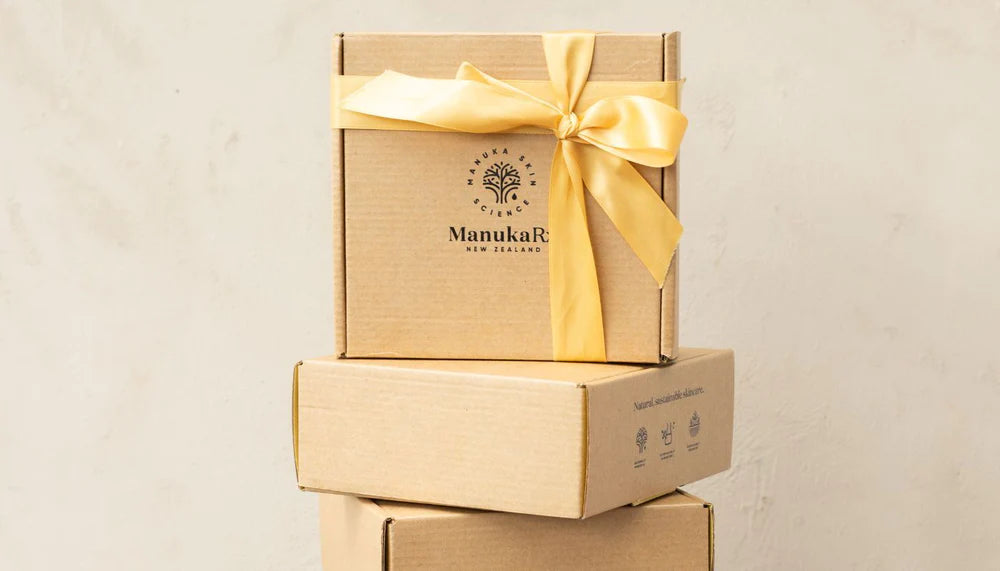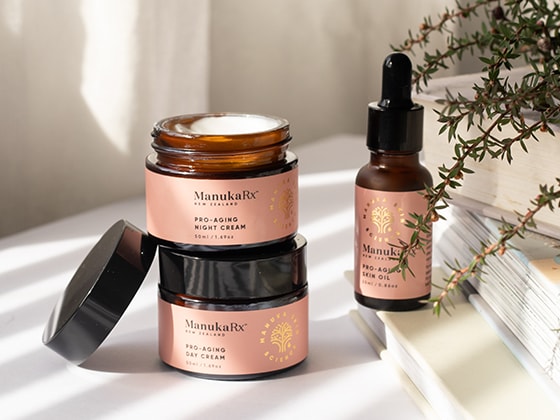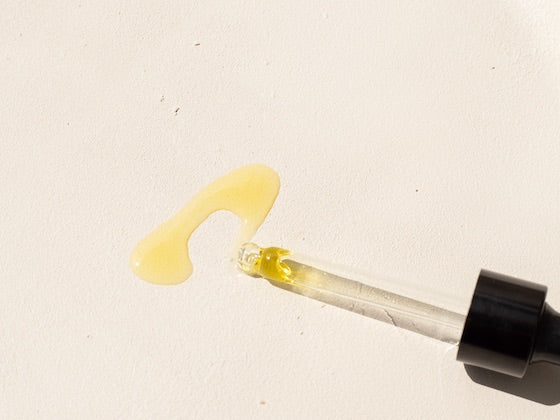If you're casting a more critical eye over your skincare routine, don't skip the soap. Here’s our thoughts on why you should be using natural soaps and what it’ll do for your skincare routine!
Why You Should Switch to Natural Soap
While ordinary household soaps are perfectly safe, look closely at the ingredients, and you may discover a range of drying, irritating ingredients. Not only does soap alter the natural PH level of your skin, but it removes a layer of natural oil which helps to protect and repair our skin. This process, combined with the drying nature of common ingredients, can leave soap users with irritated, sensitive skin, or eczema flair-ups.
Where to Buy Natural Soap
Alternatives to household soap are becoming more and more common. Visiting the local farmers market is a great way to find homemade, natural soaps, and support small local businesses at the same time. Local health stores and eco-shops often have a range of natural brands, and supermarkets are becoming savvier in their range of products. Check the ingredients for sodium laureth sulfate - while safe to use, it's one of the most common ingredients found in household cleaners and detergents.
How to Make Natural Soap at Home
Making soap can be a fun process. It's not as straightforward as 3-ingredient scrubs or moisturisers, but doesn't need to be intimidating.
You'll find most soap-making tools and equipment in the kitchen, but keep them separate - don't mix your soap-making and cake-making bowls. Most ingredients are in health stores or supermarkets.
The essential ingredients can be broken down into the following categories:
- Oil - handmade soaps use a mixture of hard and soft oils. Using a combination helps to avoid setting issues; for example, olive oil can take up to a year to set. Use a mixture of both a hard (creamy) oil and soft (liquid) oil for the optimum texture - palm oil, coconut oil, olive oil and sweet almond oil are popular choices.
- Lye - Lye is also known as caustic soda and sodium hydroxide. When mixed with water, the sodium hydroxide causes a chemical reaction called saponification. This reaction creates glycerol and 'soap', in its most basic form. Working with sodium hydroxide does have risks, so it pays to research and prepare carefully.
- Essential oils and colour - this is where your creativity can run wild. Dried flowers, essential oils and natural colours can be used to make your soap unique. Why not add a natural exfoliant like coffee grounds or sea salt for an extra something special?
Essential oils have different uses, so cater your choice to your needs. Mānuka oil has powerful antibacterial properties, so it can help to keep skin clean and clear from breakouts and acne while supporting the skin to repair and heal naturally.
Try ManukaRx East Cape Mānuka Skin Oil, or for an even easier option, try the ManukaRx Extra Gentle Cleansing Soap - an all-natural soap enriched with palm oil and Manuka oil.
For a step by step guide, try this example from thisNZlife.co.nz






